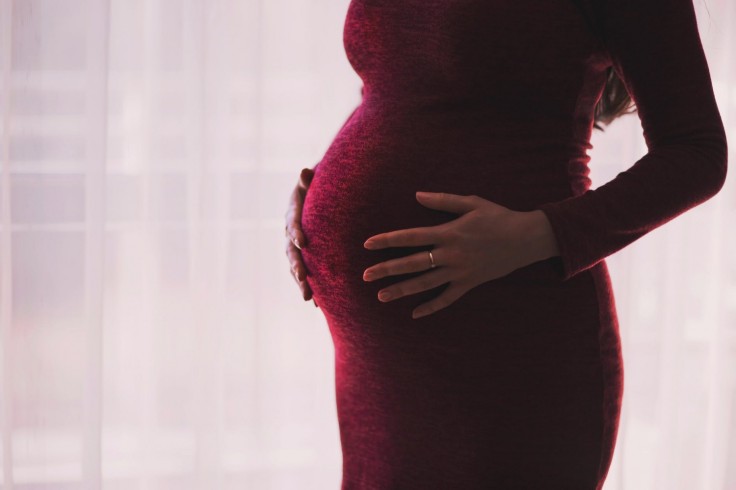
Vomiting and nausea can be one of the first signs of pregnancy and they usually gegin around the sixth week of pregnancy. It can happen at any time of the day, and for most women, it seems to stop after the twelfth week of pregnancy. Morning sickness is not harmful to you or your baby, but if you experience excessive vomiting and you can't manage to keep your food down for long, then you may have hyperemesis gravidarum.
Hyperemesis gravidarum can be harmful to you and your baby if it is severe and it is left untreated because of the possible lack of nutrients and electrolyte imbalances. The most important thing is to inform your doctor when you see these symptoms appear and discuss the possible treatment options immediately.
Morning sickness facts
At least more than half of pregnant women experience morning sickness. It refers to the nauseous feeling that you may have during the first trimester of pregnancy, which is a result of the increased hormones in your body. Morning sickness is usually accompanied by vomiting. A lot of doctors think that morning sickness is a good sign for pregnant women because it means that the placenta is developing well. Do not worry because there are numerous ways to help give you morning sickness relief.
Helpful do's and don'ts to ease morning sickness
It is important that you eat small meals often and keep yourself hydrated. You need to drink water at least 1/2 hour before or after a meal, but not with meals. Drink small amounts of water during the day so that you can avoid dehydration. Eat soda crackers at least 15 minutes before getting up in the morning. You can eat whatever you feel like eating, whenever you feel that you can.
It is best if you ask someone else to cook for you, you can open the windows or turn on fans to help with ventilation especially if the odor bothers you. Get a lot of rest and nap during the day and avoid warm places because it can add to your nausea. Sniffing ginger or lemon can also help, you can drink lemonade or eat watermelon to relieve nausea. Eating salty potato chips can also help, as they have been found to settle stomachs enough to allow you to eat a meal. And of course, you should exercise.
After eating, do not lie down. Also, do not skip any meals. If you feel like your nausea and vomiting is too much to bear, do not let them go untreated. Do not cook or eat spicy food as it can contribute to nausea that you are feeling.
Hyperemesis Gravidarum
Hyperemesis Gravidarum is a condition that is characterized by severe vomiting, nausea, weight loss and sometimes electrolyte disturbance. Mild cases are treated with dietary measures, antacids and rest. More severe cases usually require a stay in the hospital so that the mother can receive fluid and nutrition through an intravenous line. Do not take any medications without any prescription from your doctor.
Contact your doctor
If you are experiencing excessive nausea and vomiting that prevents you from keeping any food down if it is also accompanied by fever or pain and if vomiting and nausea persist well into the second trimester or after the 12th week, you should call your doctor.
ALSO READ: 7 Tips for Battling Morning Sickness